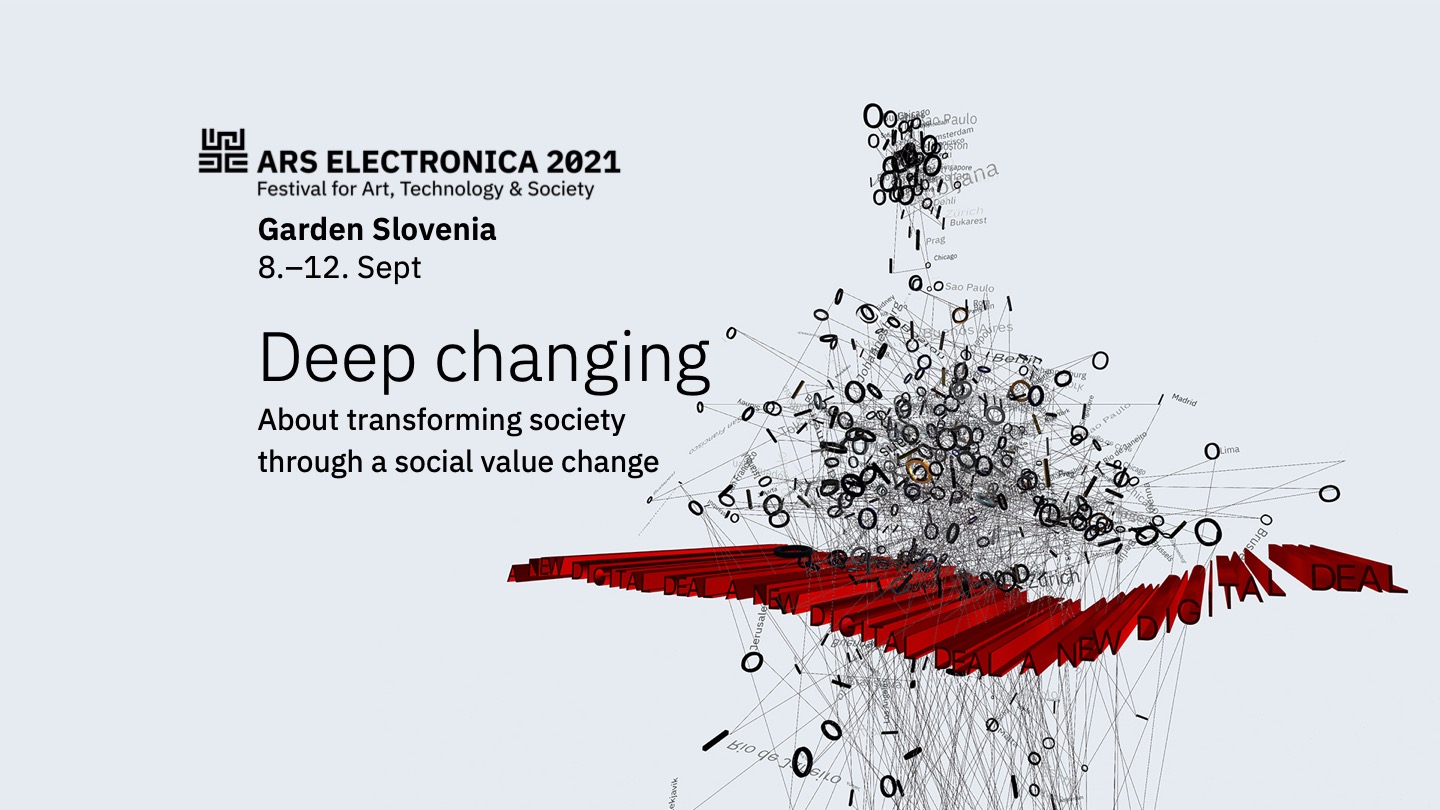For nearly half a century, we have been talking about the transformative power of art which engages our senses, allowing us to understand reality beyond the ideologies characterized by rationalism, utilitarianism and productivity. Nonetheless, we have only recently made some attempts to systematically traverse social activities outside pure art and culture. The dialogic character of artists and researchers in discovering and making sense of new insights gives science its fundamental thrust, while art, crossing over various new technological solutions, holds up a mirror to the latter and calls for critical reflection. Contemporary investigative art makes it possible to reflect upon the effects of science and technology on modern society, allowing art practice to contribute to the development of solutions that are more nature- and human-friendly.
In order for demands for safer, more reliable and more durable technical solutions to break through the silo of the technologically culturalized public, and for these demands to be finally internalized by research institutions and industry, it is necessary to mainstream this technologically culturalized capital. However, this should not be done by simplification and commodification but by systematic investments in the education of new generations who will empower themselves for a critical use of old and new technologies through investigative learning.
In this panel discussion we intend to look at the experiences of establishing konS ≡ Platform, a national network of institutions as hubs of investigative learning, radical art-making and translating art ideations into possible innovations for a more ethical coexistence of technologies, man and nature, by comparing it with the experience of two other platforms – Ars Electronica in Linz and the Waag Society in Amsterdam, which intensively engage in the inclusion of all social groups into the processes of critical societal transformation. With our collocutors, we will talk about the need of producing breakthrough art projects, about connecting knowledge centres and researchers with artists, and about translating artistic ideations into innovation processes for the industry of the next century. We will also address what it means to retain artistic integrity in these processes and whether it is even possible. Could these changes happen in a few years, or do they require a decade or more to flourish?
Speakers
Luka Frelih (SI) is an artist working with computers and networks, a computer programmer, free software hacker and web designer. Member of Ljudmila since its foundation in 1994. He regularly contributes to diverse artistic projects using computers, electronics and communication technologies. He coordinates Ljudmila’s involvement in the konS ≡ Platform as well as the international livecoding project On-the-fly and the EASTN-DC network.
Veronika Liebl (AT) is currently director of European cooperation at Ars Electronica in Linz and managing director of its department Festival/Prix/Exhibitions. Since 2011 she is in charge of cultural management and European project development at Ars Electronica. She is engaged in programming collaborative programs with partners from arts, science and industry and has been leading numerous regional and EU projects in the field of culture, research & education such as STARTS Prize or the European ARTificial Intelligence Lab.
Miha Turšič (SI/NL) is an artist, designer and researcher, dedicated to the development of arts and humanities in outer space. Currently he’s working at Waag in Amsterdam as an Open Space Lab lead, as well as concept and project developer specialised for art-science collaborations and out-of-the-box solutions. He’s a co-founder of the Cultural Center of European Space Technologies, and has been actively developing cooperations between space and art institutions in Europe, Russia, USA and China.
Jurij Krpan (SI) conceived the Kapelica Gallery, an art space for Contemporary Investigative Art in 1995. Since 2012 he is an artistic director of Kersnikova Institute, where the gallery’s programme is complemented with the production laboratories (BioTehna, Rampa, and Vivarium). Involved in various national (konS ≡ Platform) and international (DIVA, STARTS…) projects, he has been contributing to the systemic solutions for innovation design bringing artistic ideations as innovation catalysts in the process of innovation for smart industry and communities for a more sustainable, safe, inclusive, and ethical future.
